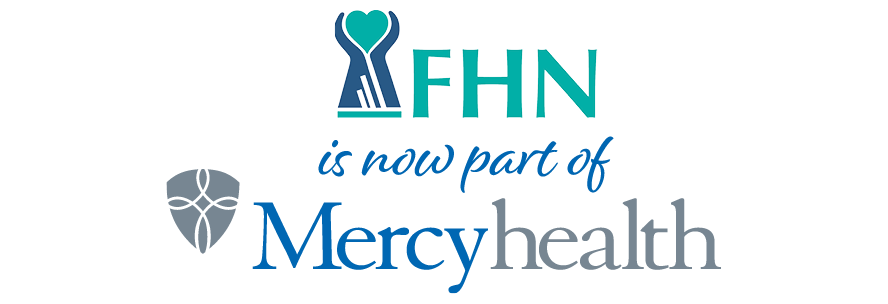Breast Cancer Risk Factors
Sex: Being a woman, or a person assigned female at birth, is one of the most important risk factors for developing breast cancer.
Age: As with many other diseases, your risk of breast cancer goes up as you get older. About two out of three invasive breast cancers are found in women 55 or older.
Family History: Women with close relatives — especially sisters, mothers, or daughters — who have been diagnosed with breast cancer have a higher risk of developing the disease.
Genetics: About 5 to 10 percent of breast cancers are thought to be hereditary, caused by abnormal genes passed from parent to child.
Personal History of Breast Cancer: If you've been diagnosed with breast cancer, you're three to four times more likely to develop a new cancer in the other breast or a different part of the same breast.
Radiation to Chest or Face Before Age 30: If you had radiation to the chest or face to treat another cancer or acne, you have a higher-than-average risk of breast cancer.
Certain Breast Changes: If you've been diagnosed with certain benign (not cancerous) breast conditions, you may have a higher risk of breast cancer.
Race/Ethnicity: White women are slightly more likely to develop breast cancer than Black, Hispanic, and Asian women. But Black women are more likely to develop more aggressive, more advanced-stage breast cancer diagnosed at a young age.
Being Overweight: Overweight and obese women have a higher risk of being diagnosed with breast cancer compared to women who maintain a healthy weight, especially after menopause.
Pregnancy History: Your age when you give birth to your first child and the number of times you’ve given birth — including if you’ve never had a full-term pregnancy — can affect your risk of developing breast cancer.
Breastfeeding History: Breastfeeding can lower breast cancer risk, especially if you breastfeed for longer than one year.
Menstrual History: Women who had their first period before they turned 12 have a higher risk of breast cancer later in life.
Using HRT (Hormone Replacement Therapy): Some types of HRT can increase your risk of breast cancer.
Drinking Alcohol: Research shows that drinking alcoholic beverages of any kind increases a woman's risk of hormone receptor-positive breast cancer.
Dense Breasts: Women with dense breasts have a higher risk of developing breast cancer.
Lack of Exercise: Research shows a link between exercising regularly at a moderate or intense level for four to seven hours per week and a lower risk of breast cancer.
Smoking: Smoking is linked to a higher risk of breast cancer in younger, pre-menopausal women.
Information provided by breastcancer.org.
